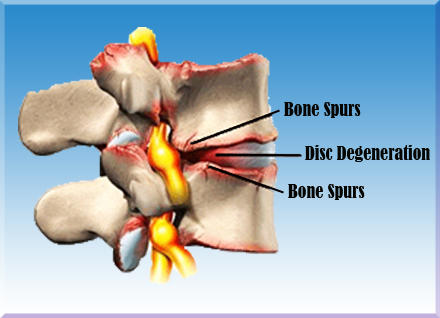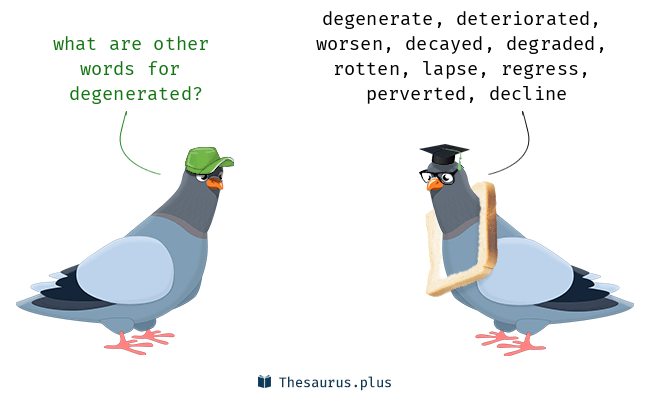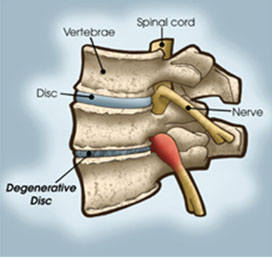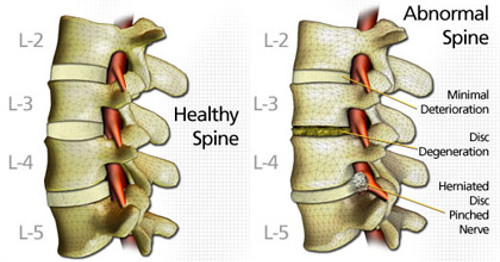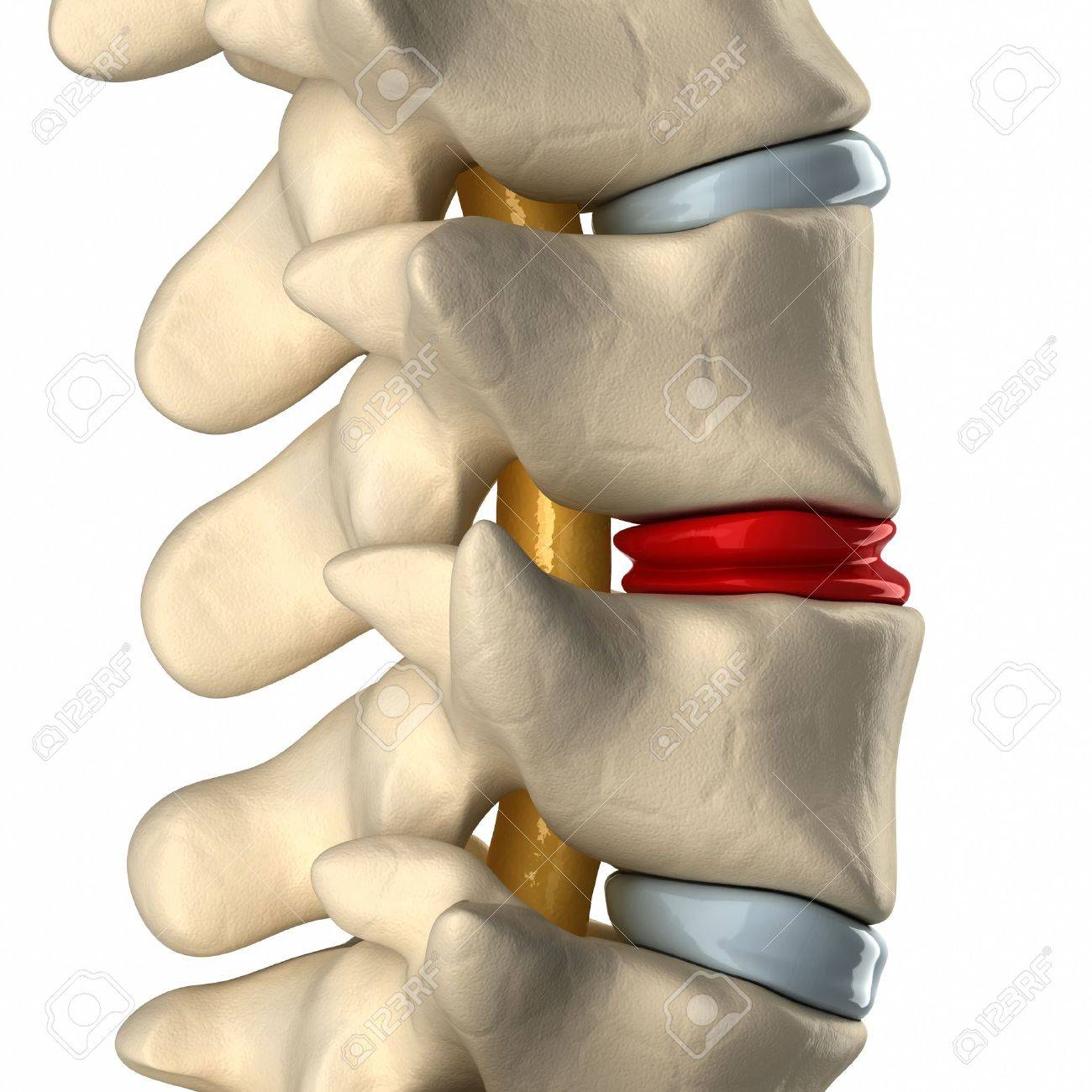
verb (used without object), de·gen·er·at·ed, de·gen·er·at·ing.
- to fall below a normal or desirable level in physical, mental, or moral qualities; deteriorate: The morale of the soldiers degenerated, and they were unable to fight.
- to diminish in quality, especially from a former state of coherence, balance, integrity, etc.: The debate degenerated into an exchange of insults.
- Pathology. to lose functional activity, as a tissue or organ.
- Evolution. (of a species or any of its traits or structures) to revert to a simple, less highly organized, or less functionally active type, as a parasitic plant that has lost its taproot or the vestigial wings of a flightless bird.
verb (used with object), de·gen·er·at·ed, de·gen·er·at·ing.
- to cause degeneration in; bring about a decline, deterioration, or reversion in.
adjective
- having fallen below a normal or desirable level, especially in physical or moral qualities; deteriorated; degraded: a degenerate king.
- having lost, or become impaired with respect to, the qualities proper to the species or kind: a degenerate vine.
- characterized by or associated with degeneracy: degenerate times.
- Mathematics. pertaining to a limiting case of a mathematical system that is more symmetrical or simpler in form than the general case.
- Physics.
- (of modes of vibration of a system) having the same frequency.
- (of quantum states of a system) having equal energy.
noun
- a person who has declined, as in morals or character, from a type or standard considered normal.
- a person or thing that reverts to an earlier stage of culture, development, or evolution.
- a sexual deviate.
verb (dɪˈdʒɛnəˌreɪt) (intr)
- to become degenerate
- biology (of organisms or their parts) to become less specialized or functionally useless
adjective (dɪˈdʒɛnərɪt)
- having declined or deteriorated to a lower mental, moral, or physical level; debased; degraded; corrupt
- physics
- (of the constituents of a system) having the same energy but different wave functions
- (of a semiconductor) containing a similar number of electrons in the conduction band to the number of electrons in the conduction band of metals
- (of a resonant device) having two or more modes of equal frequency
- (of a code) containing symbols that represent more than one letter, figure, etc
- (of a plant or animal) having undergone degeneration
noun (dɪˈdʒɛnərɪt)
- a degenerate person
1540s, from Latin degeneratus, past participle of degenerare “fall from ancestral quality” (see degenerate (adj.)). Figurative sense of “to fall off, decline” was in Latin. Related: Degenerated; degenerating.
late 15c., from Latin degeneratus, past participle of degenerare “to be inferior to one’s ancestors, to become unlike one’s race or kind, fall from ancestral quality,” used of physical as well as moral qualities, from phrase de genere, from de + genus (genitive generis) “birth, descent” (see genus). The noun is from 1550s.
adj.
- Characterized by degeneration, as of tissue, a cell, or an organ.
- Having lost one or more highly developed functions, characteristics, or structures through evolution.
v.
- To undergo the process of degeneration.
 Liberal Dictionary English Dictionary
Liberal Dictionary English Dictionary
